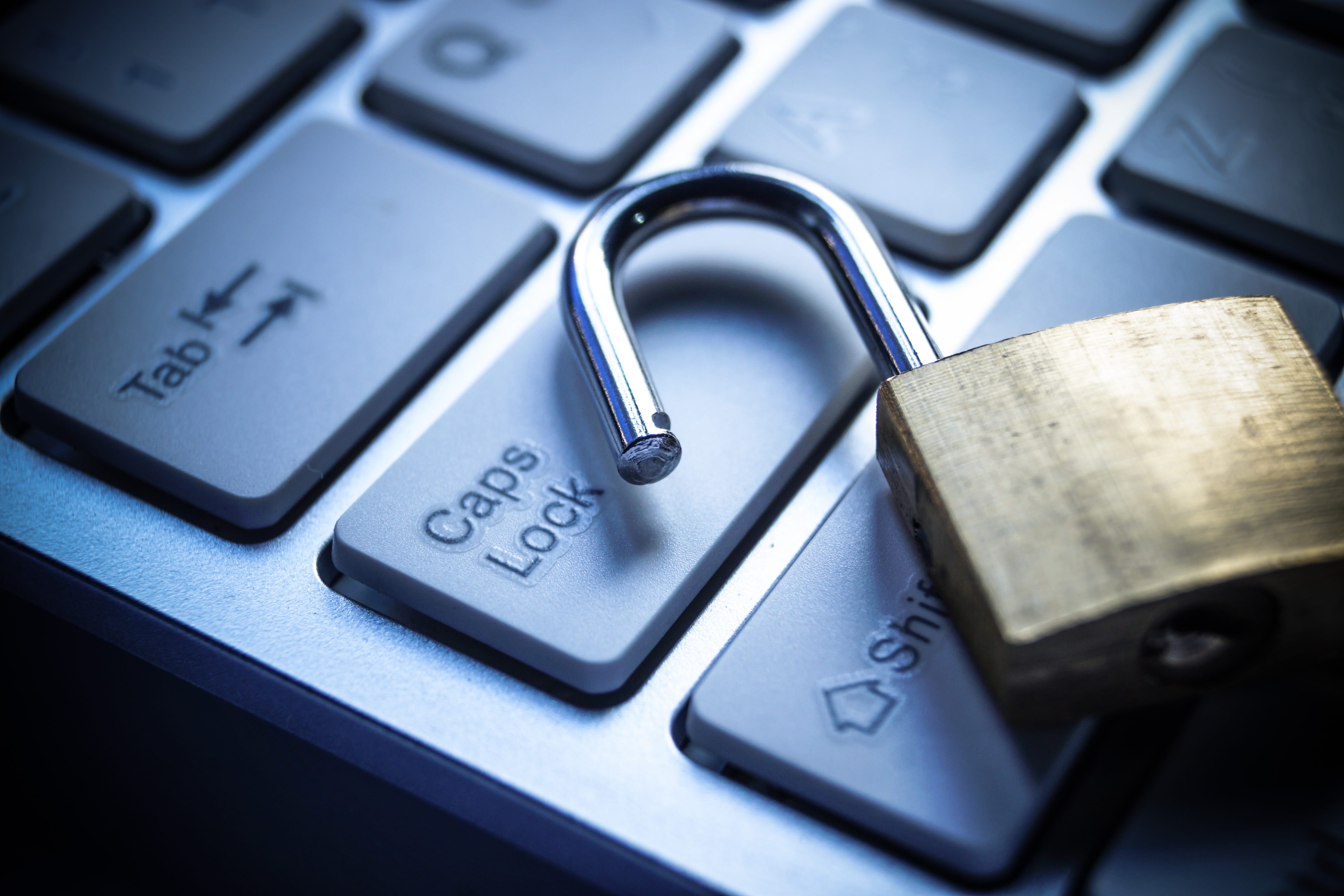How to Protect Yourself During the U.S. Government Shutdown
Tax season and scams usually go hand in hand. With the longest government shutdown in history occurring during the same timeframe (January through April), there are added concerns.
Today marks the 32nd day that over 800,000 federal workers are not receiving pay, with 380,000 of them having to still report to work. Additionally, millions of government contractors are impacted, such as IT, research and project management professionals, as well as lower-wage janitors, security guards and cafeteria servers. While some federal employees may receive back pay when the government gets back up and running, contractors will not be reimbursed for this time off. Many are already receiving notices that their health insurance coverage has expired or will in the next few weeks[1]. With lapses in health insurance, medical identity theft will undoubtedly be on the rise.
Government shutdown or not, scammers are always hard at work trying to get your identity and money. During this time period it is going to be even easier for them to do so especially with nine out of 15 critical federal agencies and departments being closed.
The Federal Trade Commisson (FTC) is the government agency where you would file a report if your identity is compromised. The website that you would use to file said complaint with the FTC is identitytheft.gov. If you visit the website today, you will see that it has temporarily disappeared. Instead, a notice appears saying that operations will resume when the government is funded. If you can’t contact the FTC, where do you go for help if you suspect identity fraud has occurred?
What You Can Do
There are some immediate steps to take if you think your identity has been compromised:
- File your taxes early. The best way to avoid a tax scam is to file your taxes as early as possible. The Internal Revenue Service (IRS) will still be reviewing tax returns. Unfortunately, if you are due a refund, that money will not provided until the government is funded.
- Partnering with a reputable identity resolution provider is critical. Make sure that the identity theft coverage includes monitoring and full resolution services. Advanced monitoring uses powerful technology to scour billions of identity records and non-credit sources to detect fraud in credit, non-credit and public records. Full resolution involves many steps required to replace government documents, such as your driver’s license and passport, as well as protect your credit score.
- File a police report and request a copy of it. You will need to give copies of the report to creditors as well as the credit bureaus.
- Contact your bank(s) and/or insurance institutions and dispute fraudulent activity on the accounts.
- Consider a credit freeze or fraud alert. A credit freeze locks down your credit while a fraud alert allows creditors to receive a copy of your credit report. Fraud alerts can prevent someone from opening an account in your name but they will not stop your existing accounts from being compromised. For victims of identity theft, an extended fraud alert can protect your credit for seven years.
During this uncertain time when we as individuals have no control over the government shutdown, taking some proactive steps to help keep our family safe and identities secure is more important than ever.
[1] Nova, Annie. CNBC. https://www.cnbc.com/2019/01/23/health-insurance-becomes-collateral-damage-for-workers-in-shutdown.html. January 23, 2019







